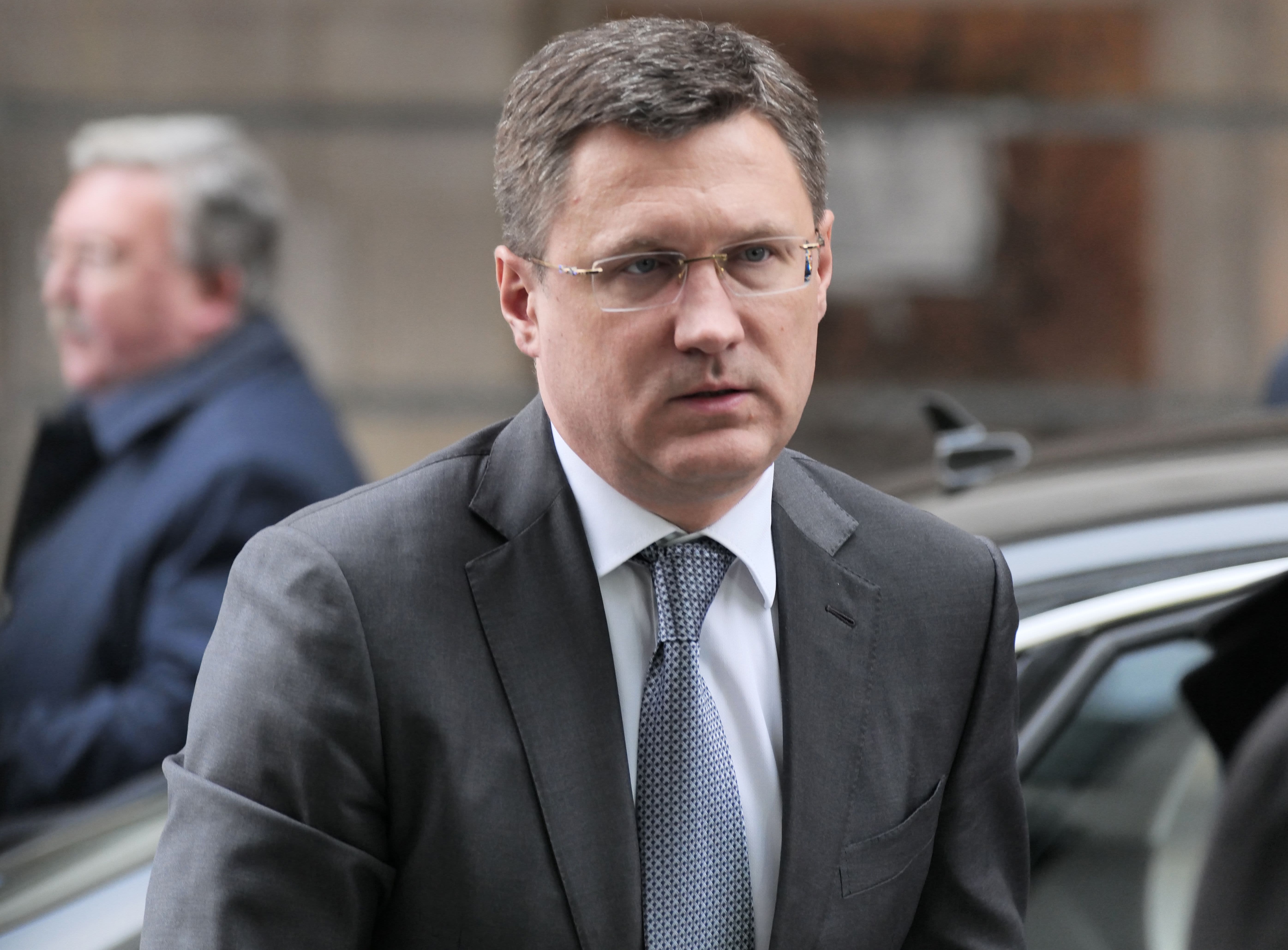
Russian energy minister Alexander Novak arrives for the 177th Organization Of Petroleum Exporting Countries (OPEC) meeting in Vienna, Austria, on December 5, 2019.
JOE KLAMAR | AFP via Getty Images
Russian energy minister Alexander Novak made a call for only modest oil price recovery in 2021, based on a weak demand look and pandemic-induced changes in business and human behavior.
“My forecast for 2021 is a little more modest than that of Goldman Sachs. I predict the range of $50-$55 per barrel, as the average price for the year. But we can expect volatility in the market, with both highs and lows,” he told CNBC’s Hadley Gamble on Friday.
Goldman Sachs last week published a note predicting international benchmark Brent crude at $65 per barrel by the third quarter of next year, “with additional upside through 2021 as inventories start to normalize and the oil market ends up in backwardation by next summer.”
“The future recovery is going to be much slower,” Novak contended, “not the fast trend we have observed in the first few months. Mostly due to the overall transformation and the changes in the energy balance and in the behavior pattern of consumers, first and foremost.”
The minister noted the drop in business travel and the switch to digital conferencing and working from home, all of which reduce travel and therefore oil demand.
“This clearly transforms the energy balance and will impact demand recovery,” he said. “We would like to produce more to assist economic recovery but we are constrained by the limited demand. And the rate of its growth is also limited.” Novak added that the “growing share of non-carbon energy sources” in the energy mix will also contribute to a slower recovery for oil in the longer term.
Oil prices fell more than 3% Friday, with Brent crude trading at $42.67 per barrel on Friday afternoon under pressure from falling equities and demand fears due to slow economic recovery amid the ongoing pandemic. The price fall also comes on the back of lower domestic gasoline demand and reports showing U.S. job growth slowing in August as government assistance funds dried up.
Hope for more stimulus is evaporating as Congress remains in gridlock over the extent of federal aid to individuals, businesses and state and local governments hit hard by the virus and lockdowns.
“One scenario is that the overall annual drop in demand will be around 9-10 million barrels per day,” Novak said. “I think this is close to the real state of affairs, and I would be inclined to agree with these figures.”
“We have quite a poor performing second quarter, the situation in July and August had improved a little, with the market in July reaching an overall balance despite the demand in July still being down by about 10 million barrels per day,” he said. But that drop in demand was “balanced out” by the historic production cuts since May by an alliance of OPEC and non-OPEC countries, he added.
“If this balance remains, if the trend continues, we can speak about a gradual recovery and the reduction of the reserves that had accumulated during the second ‘crisis’ quarter 2020.”




